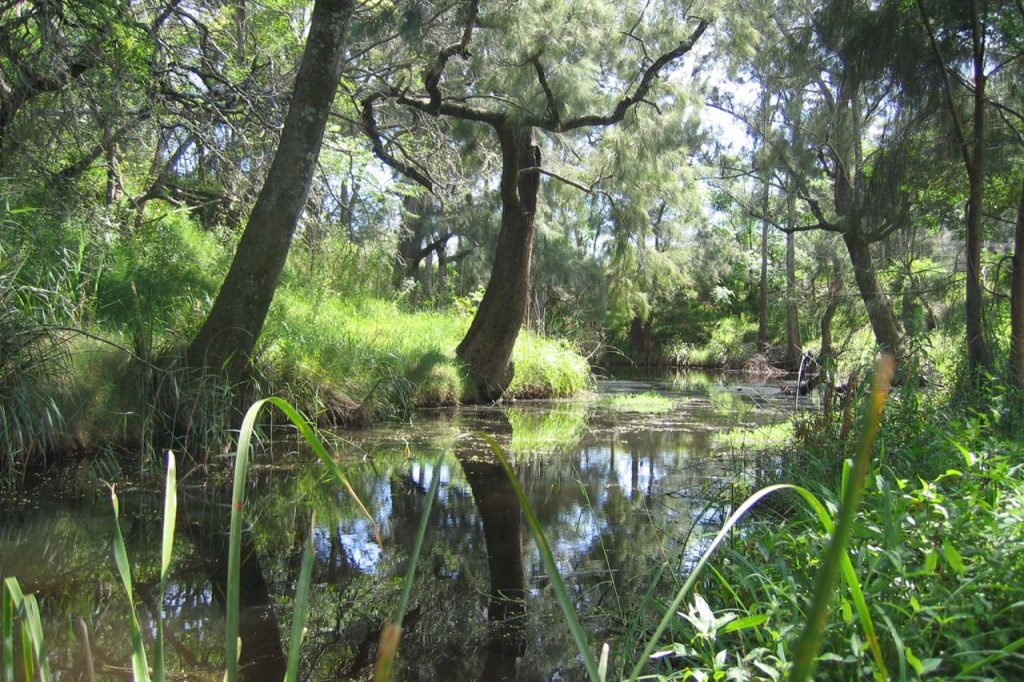Landcarers in the Mulgoa Valley safeguarding the future of a recently discovered population of platypus have secured Landcare funding to mitigate the impacts of Black Summer fires on the rare species.
With $55,000 from the Landcare Led Bushfire Recovery Grants, Mulgoa Landcare – based outside Penrith in NSW – will embark on regeneration and restoration work along Schoolhouse Creek and Mulgoa Creek to secure the area against current and future fire impacts, while monitoring water quality and educating nearby communities in protecting the species.
“Over the years, there has been anecdotal stories but with the urban development in the area, we just weren’t sure. When we found out there was evidence of platypus in the creeks we were thrilled,” said Mulgoa Landcare Coordinator Lisa Harrold.
By using Environmental DNA (eDNA) sampling, the group has found indications of Platypus presence along Mulgoa, Schoolhouse and Jerry’s Creeks.
“Drought, followed by bushfire and flooding have led to large scale impacts on platypi populations.
“Platypus are often referred to as ‘indicator species’ – a bit like the ‘canary in the coalmine’ and urban sprawl has significantly impacted waterways and the health of platypus habitat
“A recent study indicates there has been an 18% decline in populations of the iconic species in fire-affected areas in the nine months following the bushfires. Add the additional stress of ash in waterways followed by pollutants and sediment in the flooding, and Platypi have had a great deal to contend with.
“Platypi are hardy creatures, but their food source is not. Water invertebrates are incredibly sensitive to water quality so the work being done by Mulgoa Landcare and our greater network and funded by the Landcare Led Bushfire Recovery Grants is crucial in supporting their habitat and survival.”
With extensive revegetation and restoration works along riverbanks and landscapes being undertaken over the past 25 years and more to come Lisa says funding, focus and community support are essential in supporting local platypus populations.
“Platypus are declining, and we need to do something about threats to the species before it is too late. The Penrith Platypus Project will help monitor local platypi and commence habitat restoration to secure this population and understand their habitat needs, not just at a local level, but also against current large scale environmental impacts elsewhere. It’s a big task but if you don’t start then you’ll never see improvements.”
Funded by the Australian Government, the $14 million Landcare Led Bushfire Recovery Grants are supporting projects in regions impacted by the Black Summer bushfires of 2019–20.
For further information landcareledbushfiregrants.org.au

